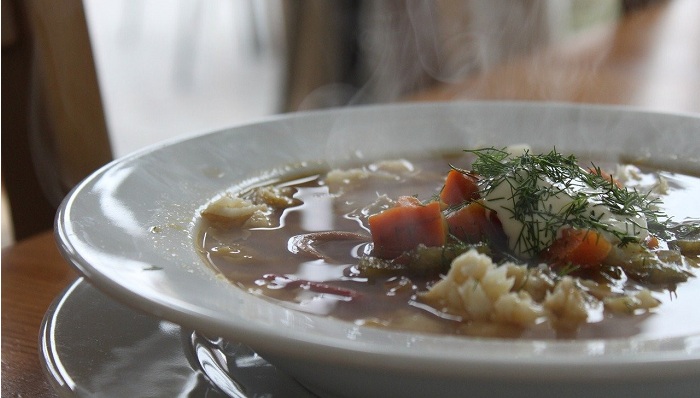Changing the way you eat and drink could strongly impact the number of times you go to the bathroom. If you want to manage your incontinence and get a better hold of your life, start by following these tips:
- Ask your doctor how much water is advisable. The trouble with people suffering from urinary incontinence is that they could not simply follow the golden rule of drinking at least eight glasses of water in a day. If they drink too much, their leaks may get worse. If they drink too little, they could get dehydrated and have overly-concentrated urine that irritates the bladder. Your fluid intake may be based on your health requirements and body, which a medical professional could help you identify.
- Load up on fibre-rich food. One of the best natural incontinence solutions is loading up on fibre-rich foods, including whole-grain bread and cereals, oatmeal, barley, and beans. In addition, fibre helps you manage constipation. As a significant factor in putting pressure on the bladder and making incontinence worse, overcoming constipation is a great first step towards cutting your trips to the toilet.
- Add bladder-friendly fruits and vegetables into your diet. Raw fruits and veggies are loaded with fibre. That makes them a must in your diet. But when you choose which varieties to incorporate in your intake, make sure they are also bladder-friendly. Blueberries, avocados, and pears are your best fruit choices. Stay away from citrus fruits like pineapple and oranges because they are known to be common irritants. Meanwhile, your best vegetable choices include peas, broccoli, cabbage, carrots, sweet potatoes, and corn.
- Go easy on coffee, alcohol, and carbonated drinks. Caffeine and alcohol are associated with various bladder and bowel problems that may worsen your troubles. That is why you should eliminate them from your diet altogether or at least, in the case of coffee, cut down on your intake. It is also advisable that you remember not to consume any of it before hitting the bed to avoid wetting issues.
- Cut back on offensive spices. Chilli and curry are known bladder irritants. So you must remove them from your daily intake altogether, including the super spicy foods. If you love spice in your food, turn to bladder-neutral varieties like garlic, rosemary, thyme, and dill, among others.
- Watch your dairy intake. Like spicy food, dairy products such as milk, cheese, and sour cream can irritate the bladder significantly. They may also cause loose stools, bowel incontinence, and colon issues.
- Processed foods are a no-no. If you want to handle your incontinence effectively, you should start forgetting about processed foods, including meats and snacks. Additives and artificial flavours found in processed foods are known bladder irritants.
Living with incontinence is difficult, but you can find solace in managing through with medications. Additionally, you can make dietary adjustments to help lessen your symptoms and make it easier for you to live as normal a life as possible, regardless of your condition.


















